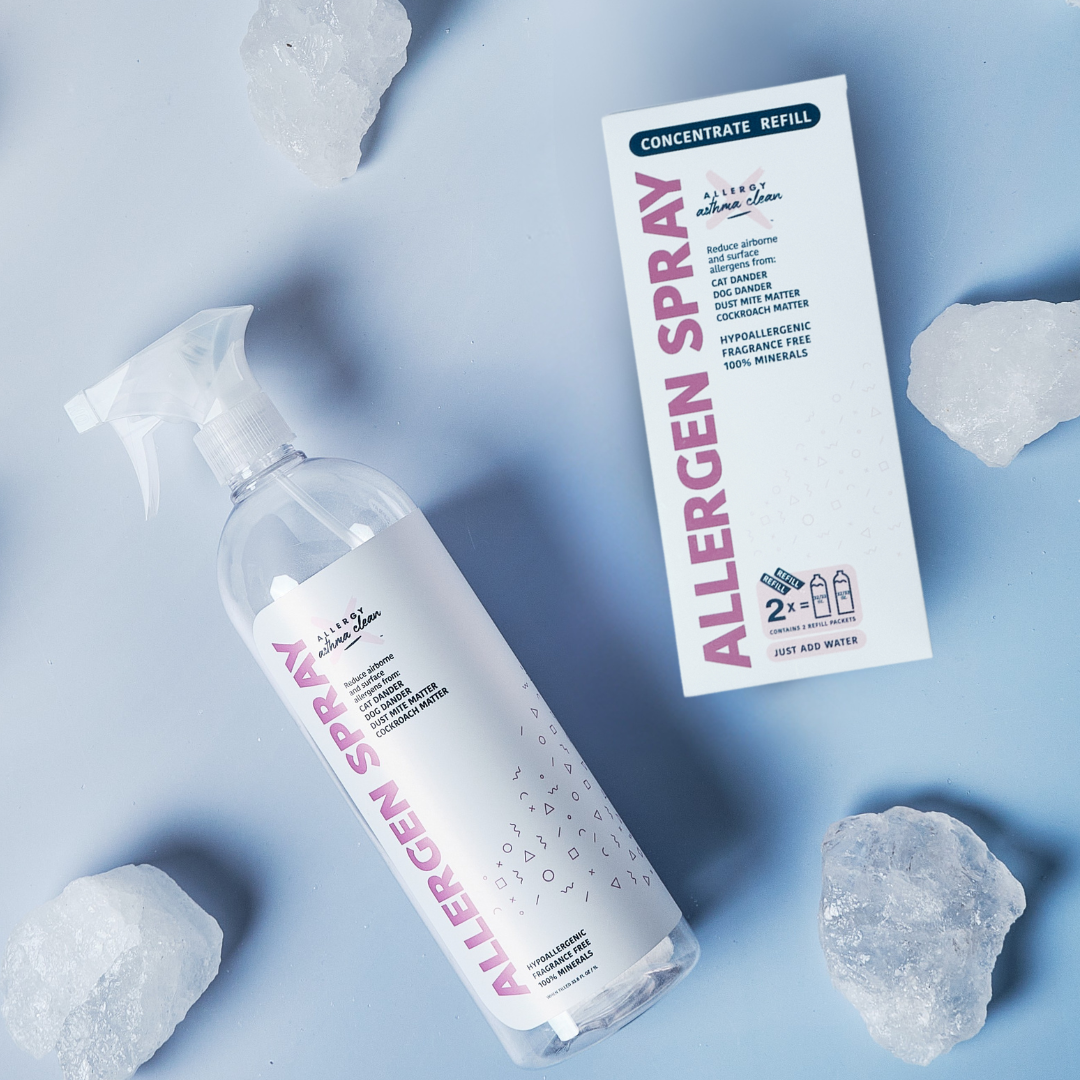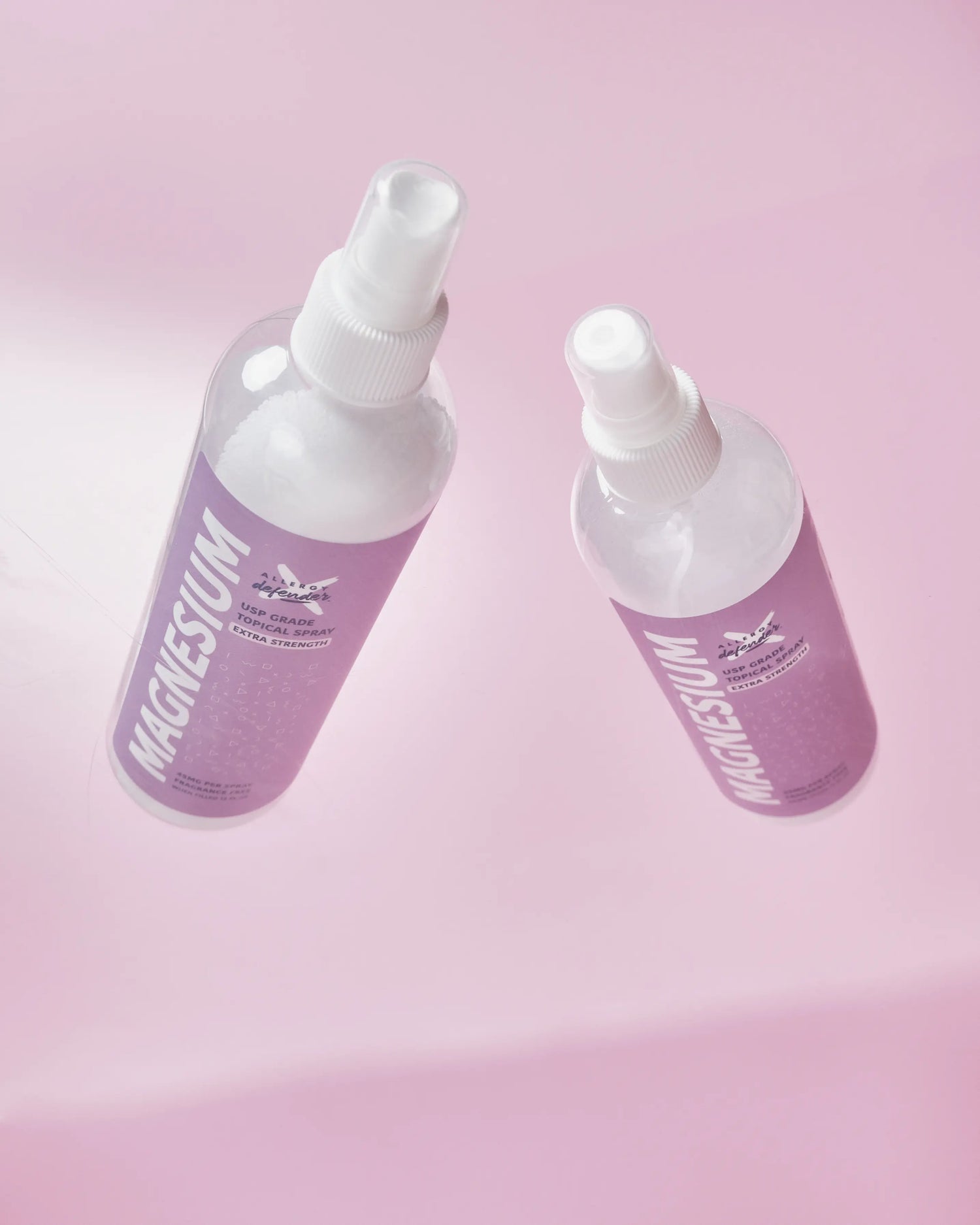Air Purifiers
An air purifier is an electrical appliance that removes airborne particles such as dust, pollen, pet dander, and smoke from the air. It works by using a series of filters to trap pollutants and prevent them from circulating in the air. Air purifiers are available in different types, including HEPA (High-Efficiency Particulate Air) filters, activated carbon filters, UV-C light filters, and PECO: PECO a technology that uses free radicals to break down pollutants at a molecular level.












